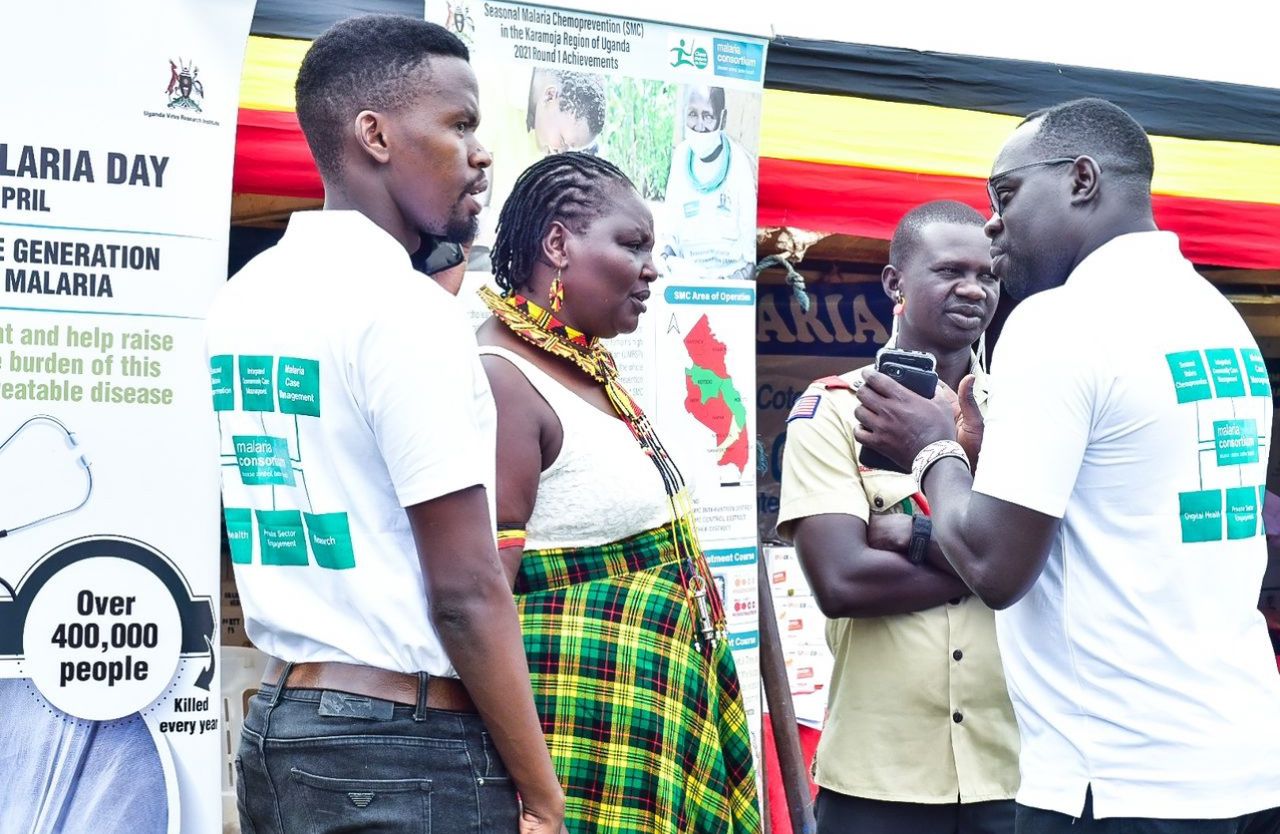Addressing stakeholders on National Malaria Day, Dr. Godfrey Magumba, speaking on behalf of Malaria Consortium partners, emphasized the urgency of sustaining efforts to combat malaria in Uganda. Despite significant progress, with malaria incidence decreasing from 42% in 2009 to 9% in 2018, the disease still poses a significant threat, especially to vulnerable groups like children under five and pregnant women.
Dr. Magumba emphasized the importance of the recent Yaoundé Declaration for accelerated malaria mortality reduction in Africa, which calls for zero malaria deaths. He urged leaders to prioritize malaria control and prevention in policy agendas, emphasizing the need for sustained funding, community engagement, and evidence-based strategies.
Highlighting the impact of climate change on malaria transmission patterns, Dr. Magumba stressed the importance of innovative interventions and partnerships in the fight against the disease. He cited the success of Seasonal Malaria Chemoprevention in reducing mortality and hospitalizations in children under five in Karamoja.
Dr. Magumba concluded by reaffirming the feasibility of malaria elimination through perseverance, collaboration, and innovation. He called for continued investment and commitment, emphasizing the importance of data-driven strategies to achieve the goal of ending malaria in Uganda.
ABOUT MALARIA CONSORTIUM
Malaria Consortium, operating notably in districts such as Mpigi, Gomba, and Buikwe, recently launched an innovative digitized community health toolkit in Uganda. The initiative aims to revolutionize healthcare delivery through digital technologies, ensuring equitable access to healthcare services across the country.
The digital health toolkit represents a global public good, designed to digitize various aspects of community health, thereby advancing universal health coverage and promoting health equity. Dr. Nuwa Anthony, representing Malaria Consortium, emphasized the organization’s commitment to combatting malaria and improving public health outcomes through collaborative efforts and strategic partnerships.
Highlighting the urgency of the malaria situation, Dr. Anthony stressed the importance of collective action to eliminate the disease and prevent needless deaths. He echoed the sentiment that achieving a malaria-free Uganda requires concerted efforts from all stakeholders.

The significance of this initiative is particularly evident in regions like Karamoja, where malaria incidence rates are alarmingly high. With an estimated population of 1.4 million, Karamoja faces one of the highest malaria burdens in the country, with incidence rates ranging from 250 to 450 per 1,000 people, far surpassing the national average of 30 per 1,000 people.
In a related effort to combat malaria, Malaria Consortium launched its seasonal malaria chemoprevention (SMC) program in Karamoja. The program, unveiled at an event in Moroto in 2023 and attended by the State Minister for Health – General Duties, Hon. Anifa Kawooya, aims to reach 270,000 children under the age of five across eight districts in the region.